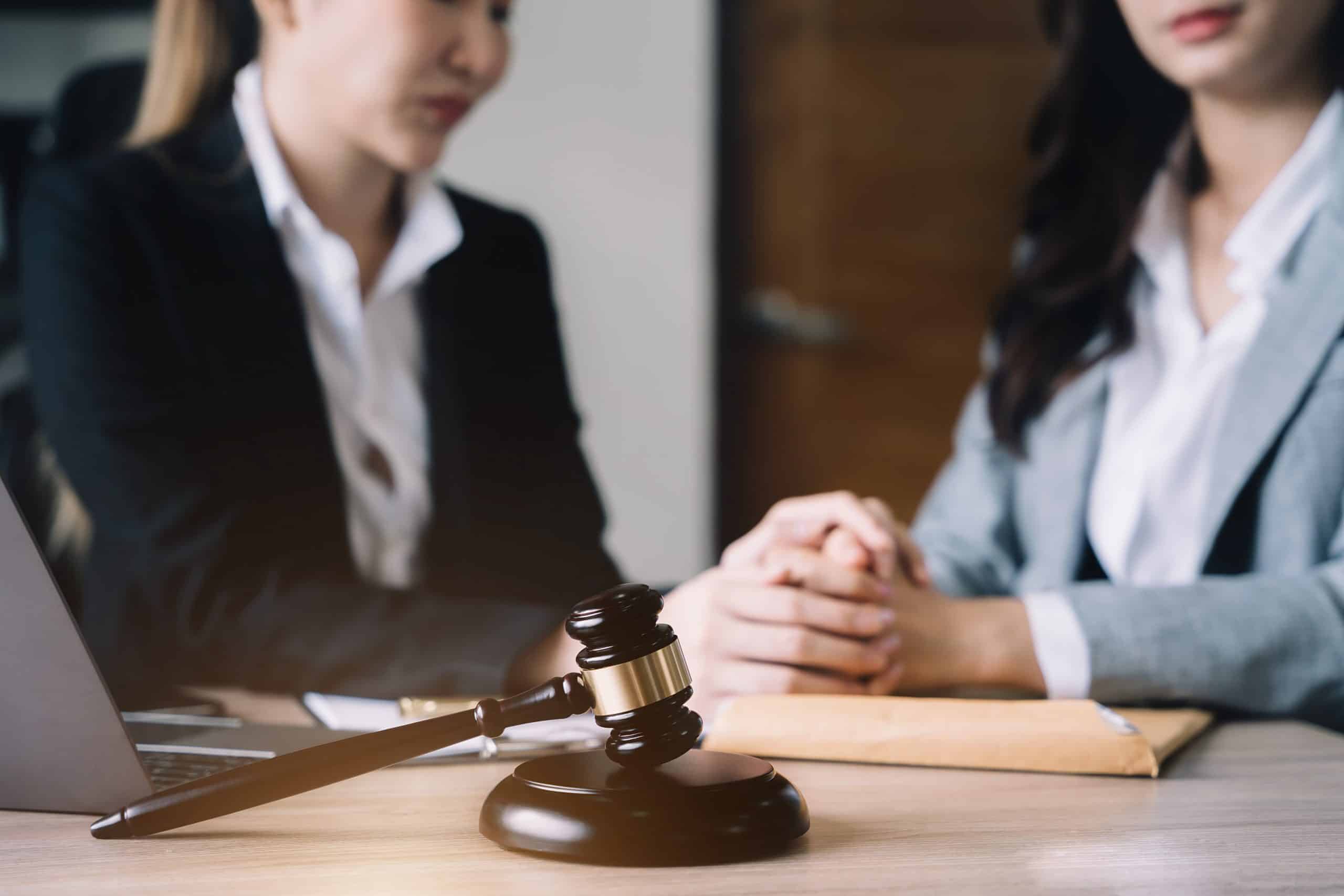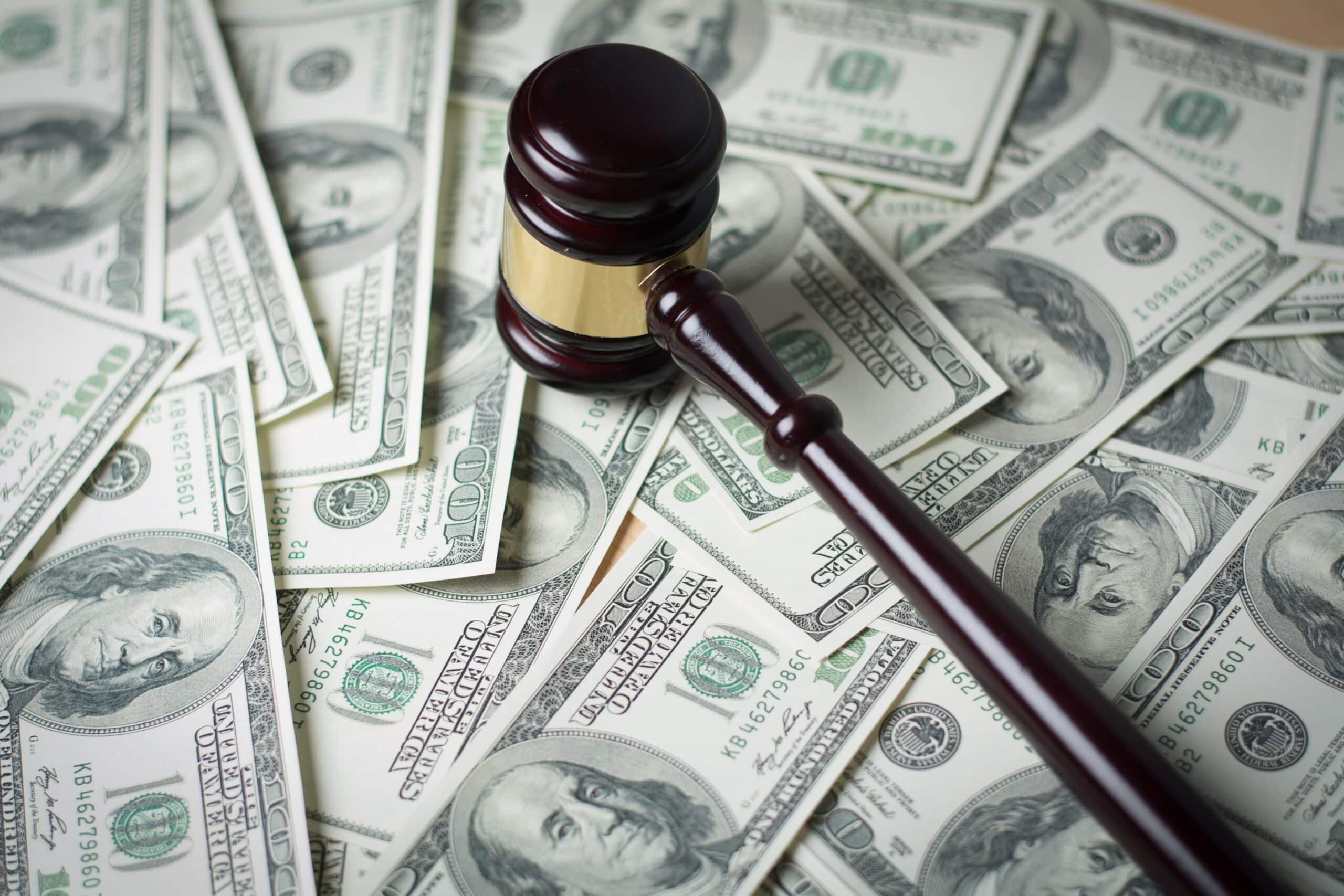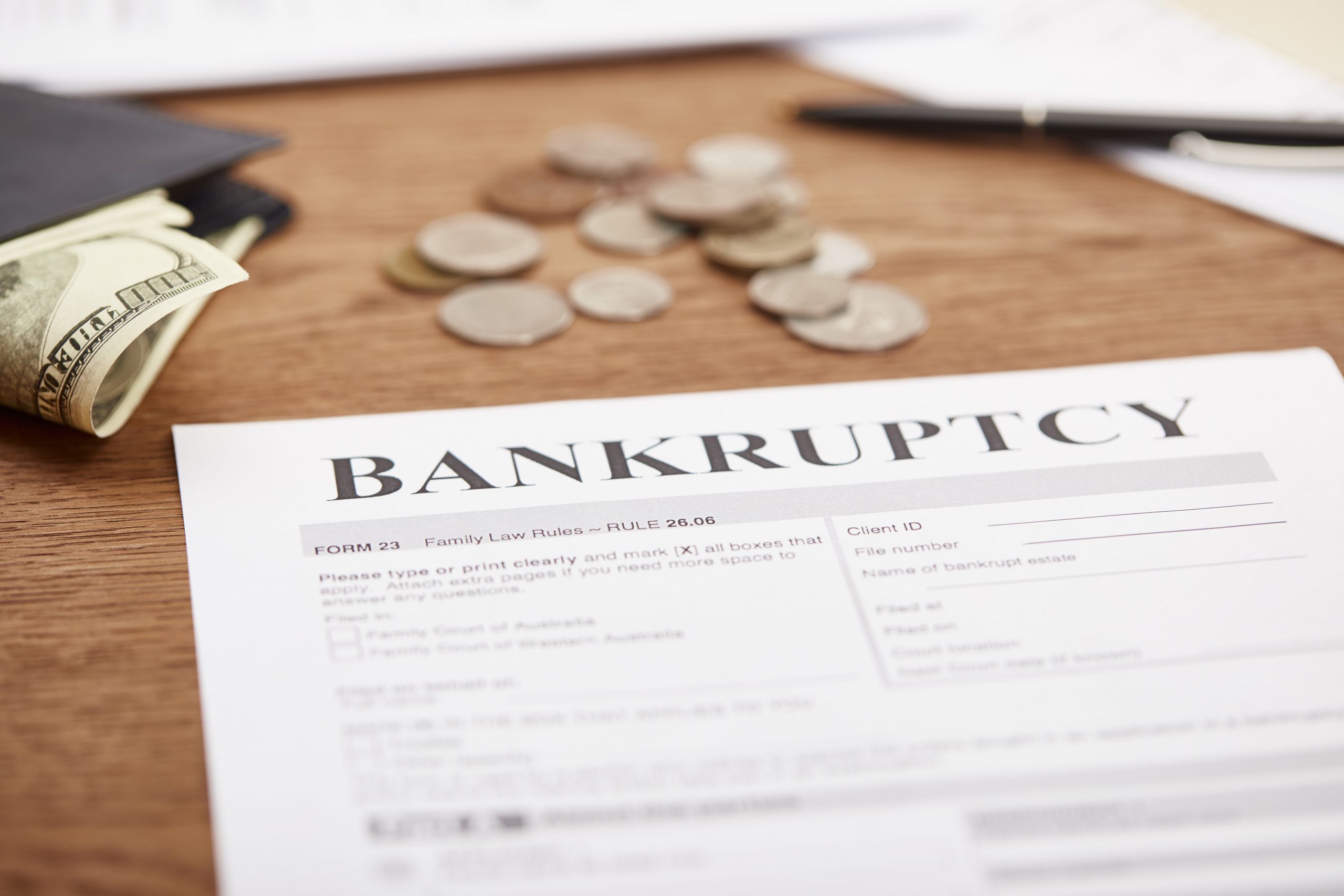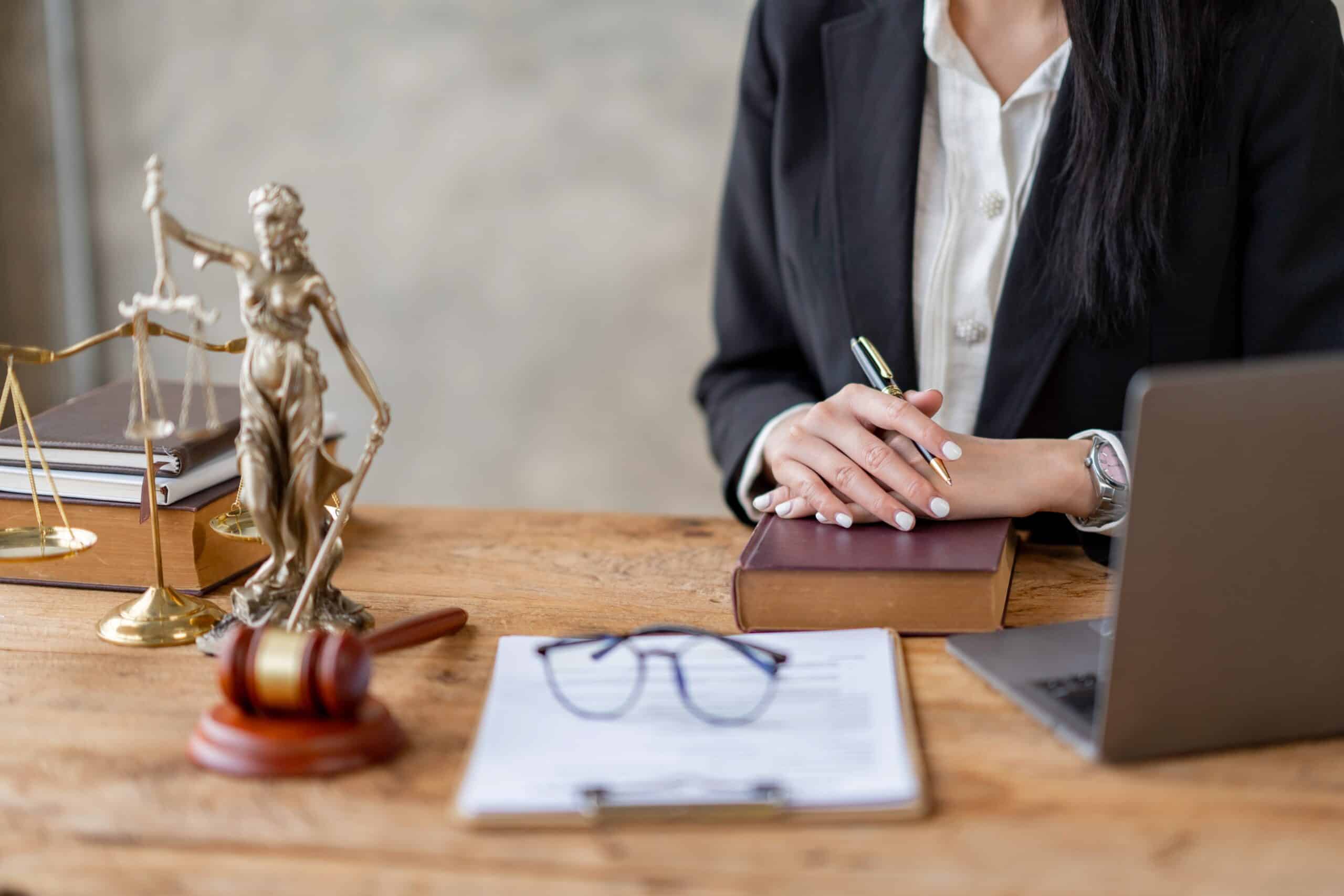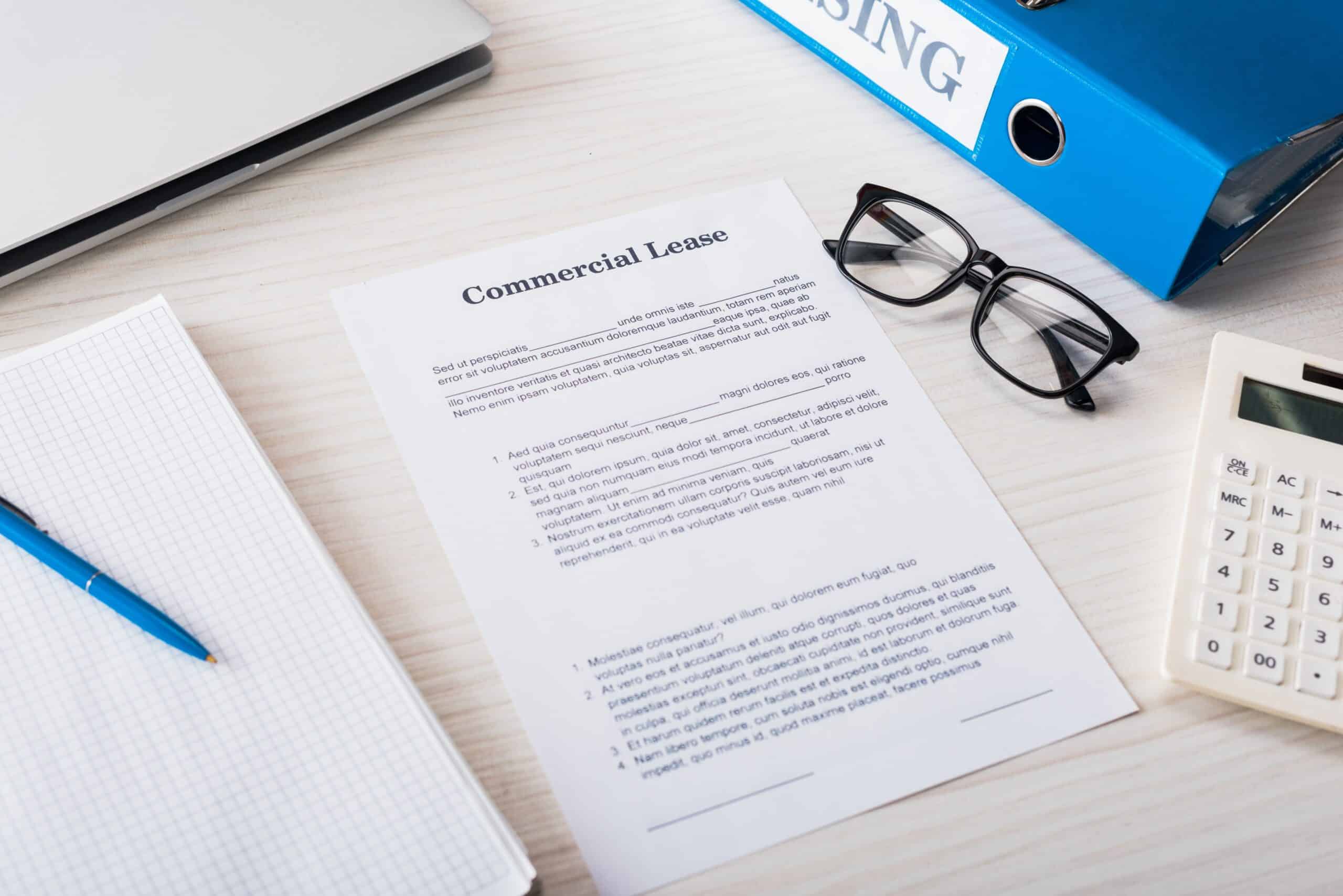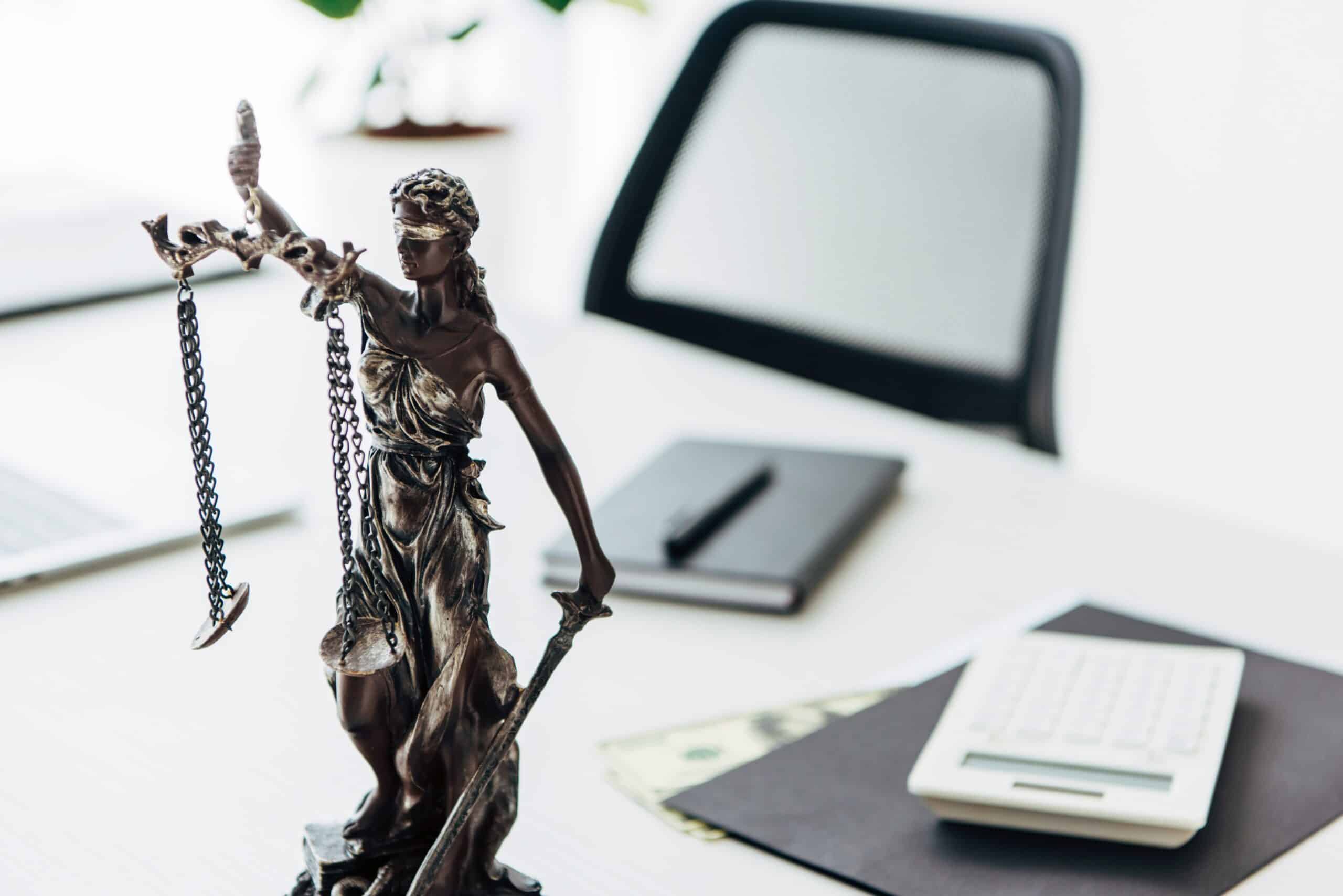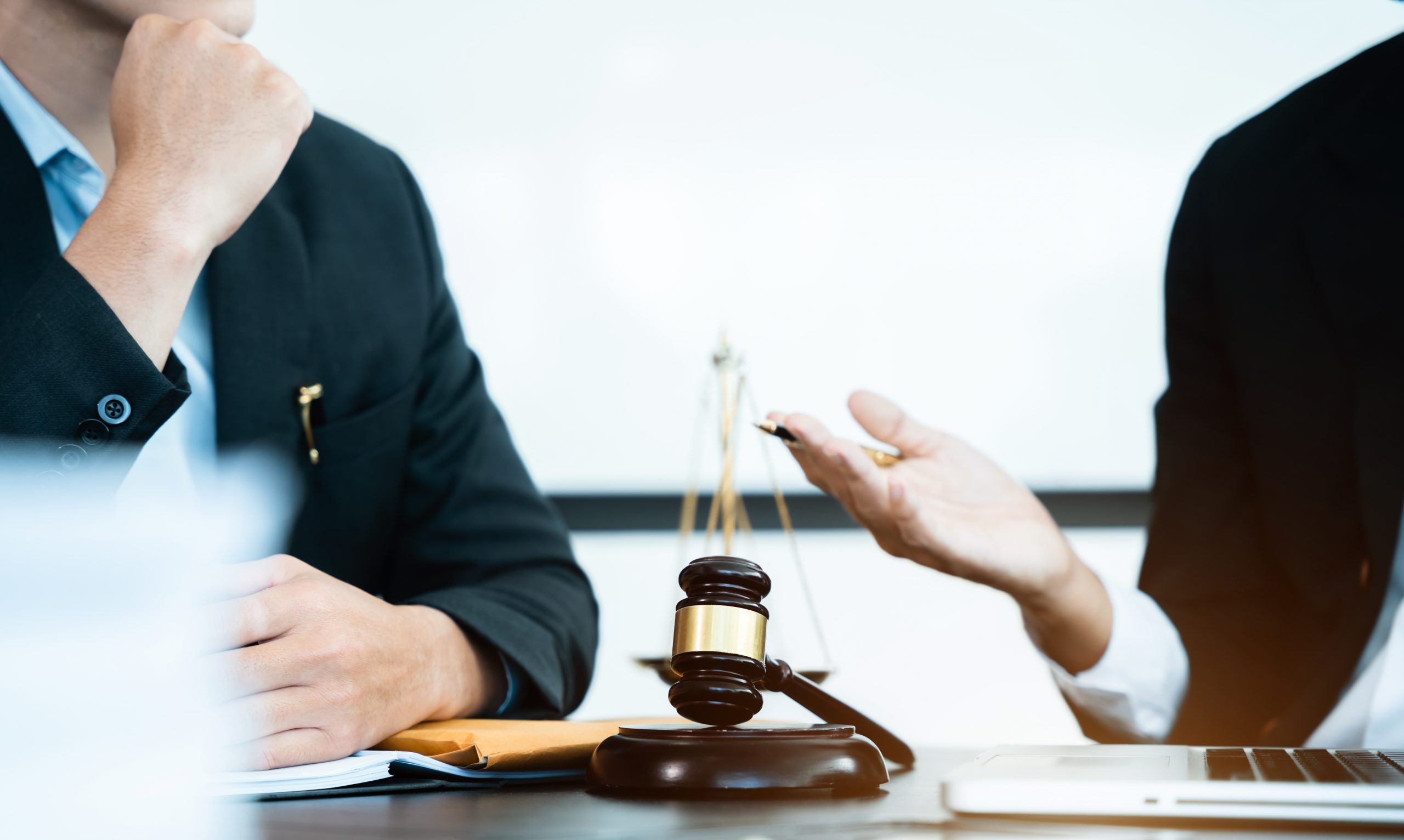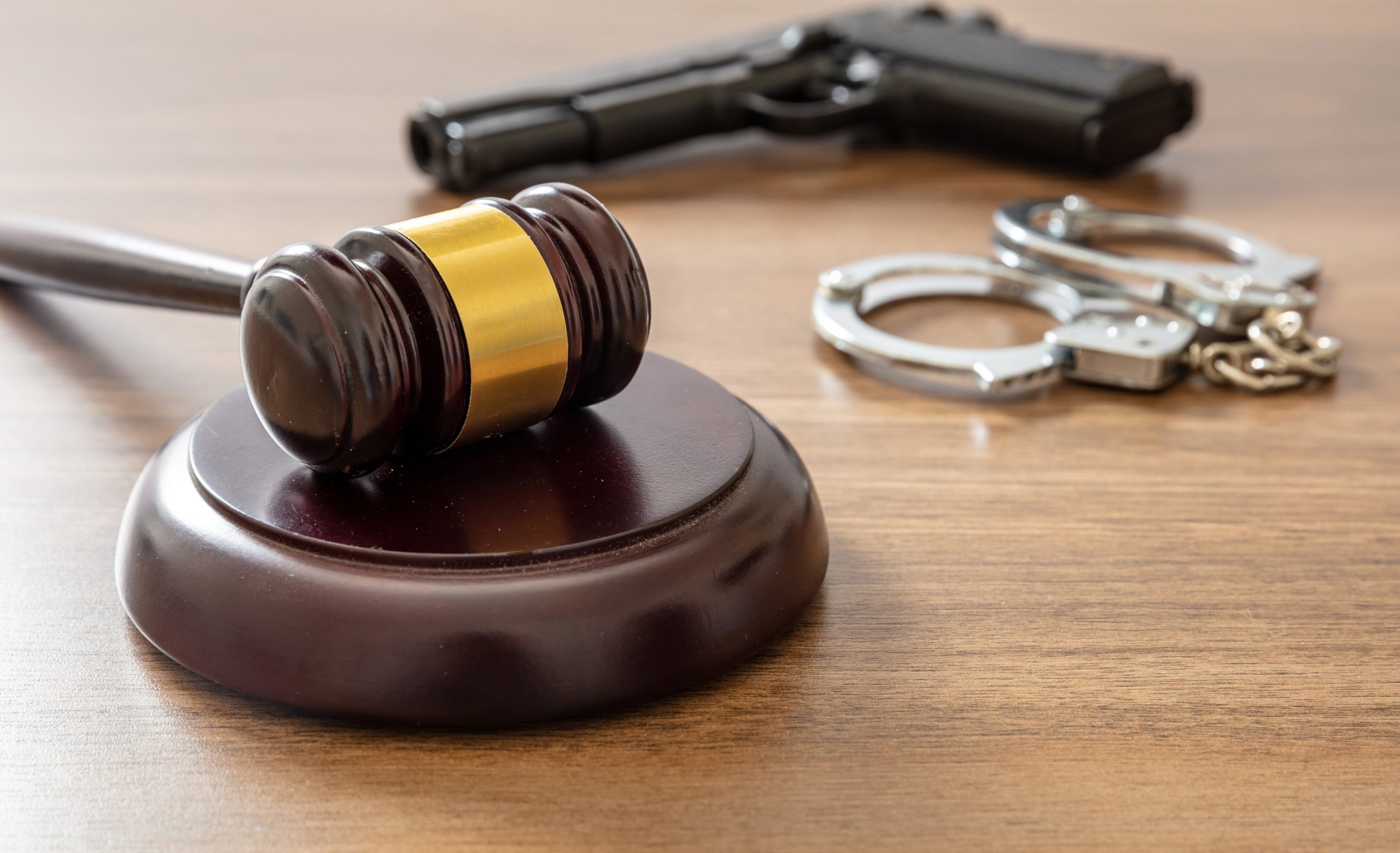Sometimes people or businesses apply for bankruptcy in a federal bankruptcy court when they acquire more debt than they can handle.
When someone declares bankruptcy, creditors can no longer sue that person or seize the assets to pay off outstanding debts.
Instead, creditors must appear in bankruptcy court, where the debtor filed the bankruptcy petition. There, a judge will decide how much property the debtor owns, how much money you owe, and who gets paid back.
The procedure is intended to give debtors a fresh start by enabling them to escape their crippling debts.
What is called Bankruptcy Fraud under Federal Law?
It is a federal felony when individuals exploit this provision by dishonestly filing for bankruptcy out of fraud and gaining an unfair benefit. False statements or representations made during the bankruptcy process are illegal under 18 U.S. C. 157.
Criminal bankruptcy fraud is a federal crime committed when a person files for bankruptcy, hides assets and makes false statements under penalty of perjury, files a false claim, destroys or hides financial records crucial to the case, or offers or accepts bribes.
A common allegation in bankruptcy fraud investigations is that the following actions were committed:
- They began a bankruptcy case intending to commit fraud.
- To perpetrate fraud, they submitted a paper to a bankruptcy court.
- They submitted a bankruptcy petition with false or fraudulent statements and claims with the intent to commit fraud.
Federal prosecutors in a bankruptcy fraud prosecution will verify first whether or not the defendant had fraudulent intent.
What are some common examples of bankruptcy fraud?
Bankruptcy fraud can refer to a wide variety of actions and behavioral standards concerning the filing of bankruptcy applications. Let’s examine some of the most common.
Hiding own assets at the time of application
It is one of the most common bankruptcy fraud by far. All of your assets must be disclosed to the court when you initiate the procedure of filing bankruptcy. This includes information on your cash in bank accounts, assets such as real estate and investments, and personal properties.
The court will use these assets to calculate how much of your debt you can pay during the bankruptcy process and then allocate to your creditors as necessary.
However, some people try to hide their wealth by putting it in the names of friends or family members, creating fictitious companies to conceal ownership, putting it in offshore accounts, etc.
Showing the lower value of the assets while filing the application
When you file for bankruptcy, accurately stating the worth of your assets is just as crucial as admitting their existence. All your assets must be listed at their fair market value, although some try to undervalue them to keep more possessions and make smaller payments to creditors.
Making an incorrect representation or statement
Making misleading representations on your bankruptcy petition or other associated paperwork is another typical instance of bankruptcy fraud.
Lying about your earnings, expenses, debts, possessions, or business interests falls under this category.
False information given to your bankruptcy trustee or creditors is also included. For instance, if you’re self-employed and attempting to conceal your income, you can inflate your business costs to lower the taxes you have to pay.
Bribery
When a debtor attempts to bribe a creditor, bankruptcy fraud may also occur. After the debtor files for bankruptcy, creditors are not compelled to submit a claim against the debtor.
For instance, the debtor can offer to pay the creditor cash in exchange for the creditor agreeing not to file a claim to persuade them.
Petition Mills
A company that aids people in filing for bankruptcy illegally is known as a bankruptcy petition mill.
These companies often charge clients fees to assist clients with asset concealment, property transfers to friends and family, and fraudulent court applications.
To put off or avoid paying off debts, they could also advise their clients to file for bankruptcy many times. You may be held accountable for this offense if you establish or maintain a petition mill to promote bankruptcy fraud.
Scams to save homeowners and renters
Consumers in danger of eviction or foreclosure are the target of another sort of bankruptcy scam. The deception involves a company that demands customer payment to prevent foreclosure or eviction.
However, these con artists often file a bankruptcy petition in the victim’s name after they have been paid, frequently without the victim’s knowledge or approval.
Although this temporarily postpones the foreclosure or eviction, it does not prevent it because the court will dismiss the case as soon as it determines that you were not involved in the filing.
After that, the foreclosure process will resume, and the con artists will be gone with the money, leaving no trace.
What are the possible legal penalties for bankruptcy fraud?
Bankruptcy is one of the main options to eliminate your financial obligations. But that doesn’t mean you have the right to manipulate the laws. If you do that, the degree and type of your offense will determine the punishments for Section 157 bankruptcy fraud. The following factors can have a significant impact on your federal sentence:
- Equitable factors that are related to the defendant’s history and character.
- Application of the United States Sentencing Guidelines.
- Exercise of the sentencing court’s broad discretion.
- Other policy considerations as enumerated in 18 U.S.C. § 3553(a).
Probable civil penalties
Loss of discharge rights
Once the bankruptcy procedure is complete, your creditors can no longer initiate collection efforts against you, giving you the opportunity for a fresh start. It is referred to as a discharge of debt.
The court may not grant you a discharge if you commit bankruptcy fraud, allowing your creditors to sue you, seize your assets, and engage in any other collection activities that bankruptcy would usually shield you from.
Decreased exemptions
Although you must disclose all of your assets to the court when you file for bankruptcy, this does not indicate that your entire estate can be utilized to settle debts with creditors.
Some of your possessions will be excluded, allowing you to keep them regardless of your debt.
The court may reject those exemptions and allow your creditors to seize the property that would have otherwise been yours if you file for bankruptcy while acting fraudulently.
Probable criminal penalties
Imprisonment
An individual found guilty of bankruptcy fraud faces a maximum 5-year prison term. This is the maximum punishment; therefore, a judge might give you a term of up to five years.
However, if you engage in multiple acts of bankruptcy fraud, the court may impose a maximum penalty of five years per violation.
Probation
In cases involving bankruptcy fraud, probation is also an option. When a court sentences you to probation, you must abide by specific rules for the probationary period, such as attending meetings with the probation officer and refraining from committing additional offenses.
Although more extended penalties are conceivable, probation typically lasts one to three years.
Monetary charges
Fraudulent bankruptcy penalties might be extremely high. Each count or distinct act of fraud is punishable by a fine of up to $250,000.
These fines may be enforced separately or in addition to imprisonment or other forms of punishment.
Possible defenses against Federal Bankruptcy Fraud charges
Federal authorities may examine bankruptcy files and proceedings under Chapter 7, Chapter 13, and Chapter 11 for any indications of impropriety or fraud.
When there is a suspicion of fraud, the case is forwarded to the FBI or the U.S. Attorney’s office for investigation, which may stop the bankruptcy process, lead to a criminal indictment, or both. The federal government aggressively investigates and prosecutes federal bankruptcy fraud offenses.
But remember that to prove that you committed such a crime, the government must prove each specific element of the crime to the point where there is no other logical explanation for the evidence presented in court. To prove bankruptcy fraud against you in federal court, the prosecution must prove that you had the genuine intent to commit fraud.
So, if you are innocent, you must immediately contact a skilled criminal defense lawyer in your area whenever your activities potentially result in civil or criminal fraud. You might need to consult a criminal defense attorney even if you already have bankruptcy counsel.
Only a lawyer with experience in criminal law can give you the guidance you need to safeguard yourself from being charged with bankruptcy fraud in a court of law. Some bankruptcy attorneys lack this kind of criminal justice background.
Essential defense strategies regarding bankruptcy fraud
Most federal bankruptcy fraud cases have a five-year statute of limitations, which entails the administration filing an indictment within five years of the alleged offense to bring federal charges against the fraud accused.
You need a defense lawyer on your side who is knowledgeable about the different defenses to federal bankruptcy fraud if you have been suspected of engaging in it in violation of federal law, such as the following:
- Unintentional mistake – You unintentionally omitted to mention the transfer of a significant asset in your bankruptcy petition.
- Legit reason – The alleged conduct you committed was done to achieve a legal goal (i.e., selling an asset for half its worth to get a tax deduction).
- Withdrawal or renunciation – You regretted your deliberate omission of an asset or corrected an error as soon as you realized it.
- Statute of limitations – The bankruptcy fraud statute of limitations has passed.
- Lack of wrong intent – You have no intention of defrauding anyone.
- Insufficient proof – The prosecution doesn’t have sufficient proof to establish the offense beyond a reasonable doubt.
Author Bio: Lyle Solomon has extensive legal experience, in-depth knowledge, and experience in consumer finance and writing. He has been a member of the California State Bar since 2003. He graduated from the University of the Pacific’s McGeorge School of Law in Sacramento, California, in 1998 and currently works for the Oak View Law Group in California as a principal attorney.
